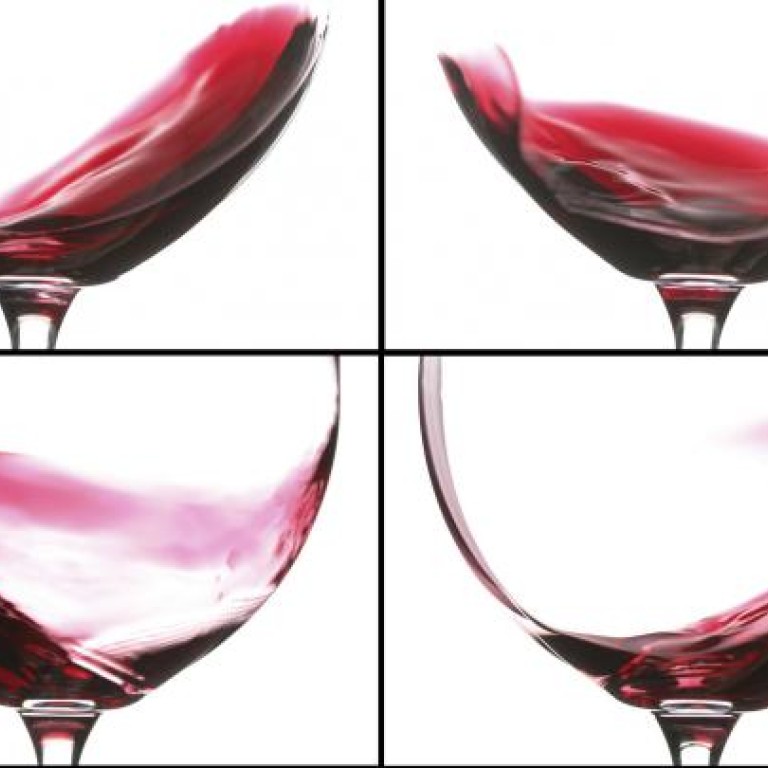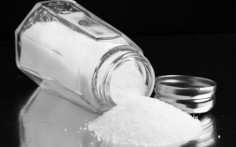Advertisement
Advertisement

Lab Report
A new study published in the journal Nature is the first to show that a diet high in salt could be driving the increased incidence of autoimmune diseases worldwide.




Post

A new study published in the journal Nature is the first to show that a diet high in salt could be driving the increased incidence of autoimmune diseases worldwide.



